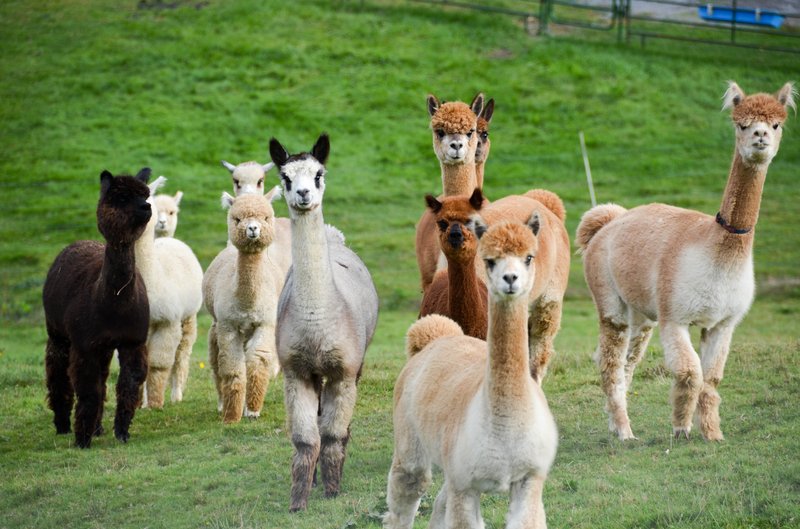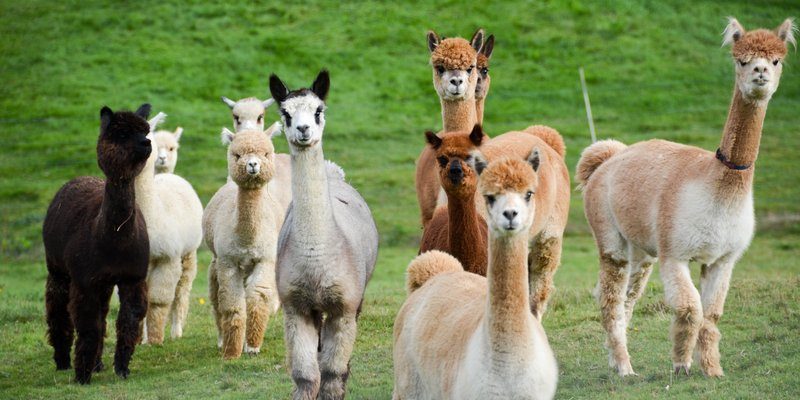
Owning alpacas can be rewarding, but it’s essential to understand your local laws and regulations. Similar to how different states have different rules about owning pets like dogs or cats, owning farm animals like alpacas can vary widely depending on where you live. So, let’s take a deeper dive into what you need to know about the legal landscape of owning alpacas in your area.
Understanding Zoning Laws
One of the first things you’ll want to look into are the zoning laws in your area. Zoning laws control land use and can determine whether you can keep livestock, including alpacas, on your property. Think of zoning laws as the rules of a board game—they set the boundaries and tell you what actions are permissible.
In many residential areas, there may be restrictions on owning farm animals. For example, if you live in a suburban neighborhood, the laws might not allow any livestock due to concerns about noise, waste, or property values. On the other hand, if you live in a rural area, you may have more freedom to roam with your alpacas.
Here are some tips for navigating zoning laws:
- Contact your local zoning office or city hall for specific regulations.
- Check if your property is in an agricultural zone, which often allows more flexibility for animal ownership.
- Look into any homeowner association (HOA) rules if you live in a community with one; they can have their own set of restrictions.
Permits and Licenses
If you discover that your area allows for alpaca ownership, the next step is to figure out whether you need any permits or licenses. Some municipalities require owners to register their livestock. Think of it like getting your dog vaccinated or licensed; it’s a common practice that ensures responsible ownership.
In many cases, you might need a special livestock permit or a zoning exemption. This could involve filling out forms or even paying a fee. Keep in mind that even if alpacas are allowed in your area, there may also be additional requirements like fencing standards or health inspections.
Here’s how to approach permits and licenses:
- Make a checklist of required documents and fees.
- Reach out to local agricultural extensions or livestock associations for guidance.
- Keep track of renewal dates if any of your permits need to be updated regularly.
Animal Welfare Laws
Just because you can own alpacas doesn’t mean you can ignore animal welfare laws. Each state has specific regulations to ensure that livestock animals are treated humanely and kept in suitable conditions. This means you’ll need to provide proper shelter, food, and healthcare for your alpacas.
Failing to meet these welfare requirements can lead to hefty fines and possible confiscation of the animals. It’s essential to know what the laws state about space per animal, feeding practices, and veterinary care. Think of it this way: being a responsible owner isn’t just about having fun with your alpacas; it’s about ensuring they live happy, healthy lives.
To ensure you comply with animal welfare laws:
- Research the minimum space requirements for keeping alpacas.
- Be prepared to provide a balanced diet suitable for their health needs.
- Find a veterinarian who specializes in livestock for regular check-ups.
Neighborhood Covenants
Even if local regulations say you can own alpacas, your neighborhood may have its own covenants or restrictions. This is particularly common in subdivisions or planned communities where shared rules help maintain the neighborhood’s character.
Before you fall in love with the idea of alpaca ownership, check your property deed or talk to your neighbors. Some communities simply don’t allow livestock due to noise and odor concerns. Don’t let your dreams of fluffy friends get dashed by a simple oversight!
To navigate these neighborhood rules:
- Read your neighborhood’s guiding documents carefully.
- Ask your neighbors for their experiences; they might offer valuable insights.
- Consider attending HOA meetings to understand the community’s stance on animals.
Health and Safety Regulations
In addition to zoning and welfare laws, it’s crucial to familiarize yourself with any health and safety regulations related to livestock. This can include regulations about waste disposal, biosecurity measures, and vaccination requirements. Think of this as the practical side of livestock ownership—nobody wants to deal with health issues, both for the animals and for your property.
You might be surprised at how many regulations exist. Proper waste management is often a big concern, as it can impact the environment and quality of nearby water sources. Making sure you understand these rules can save you a lot of headaches down the road.
To manage health and safety effectively:
- Research local waste disposal laws for livestock.
- Implement biosecurity measures to protect your animals from diseases.
- Stay informed about vaccinations and other health requirements for alpacas.
Insurance Considerations
Finally, let’s talk about insurance. While not often thought of until after the fact, having the right insurance coverage is essential for protecting your investment and your assets. Just like you’d insure your home or car, thinking about insurance for your alpacas is smart. If something goes wrong—like a fire or a sick animal—you want to be prepared.
You might need general liability insurance, and some homeowners’ policies don’t cover farm animals. It’s important to discuss your specific situation with an insurance agent who understands livestock ownership.
Here’s a quick guide to considering insurance:
- Assess the value of your alpacas and any structures you’ll need.
- Speak with an agent specializing in farm and livestock insurance.
- Consider liability coverage in case your alpacas cause damage to a neighbor’s property.
Owning alpacas can be a delightful venture, but it’s crucial to navigate the legal landscape before diving in. From zoning laws and permits to animal welfare regulations and insurance, each step is about ensuring a positive experience for both you and your future fluffy companions. By taking the time to educate yourself about what’s required, you’ll set the foundation for a happy, harmonious life with your alpacas.
So, whether it’s the cozy feeling of their soft fleece or the joy of watching them frolic in the sun, know that being a responsible owner starts with understanding the legalities. With a little homework, you’ll be well on your way to welcoming these charming animals into your life!

